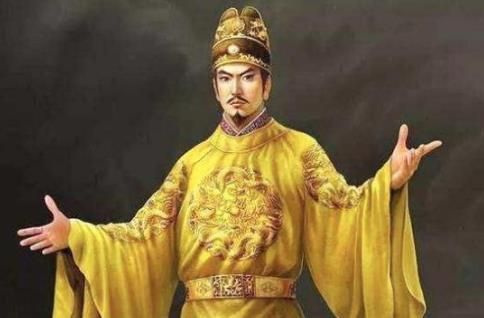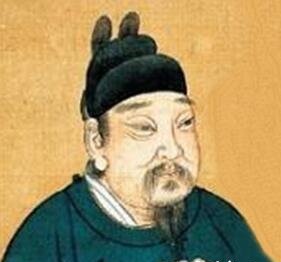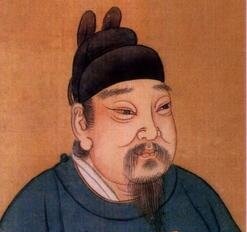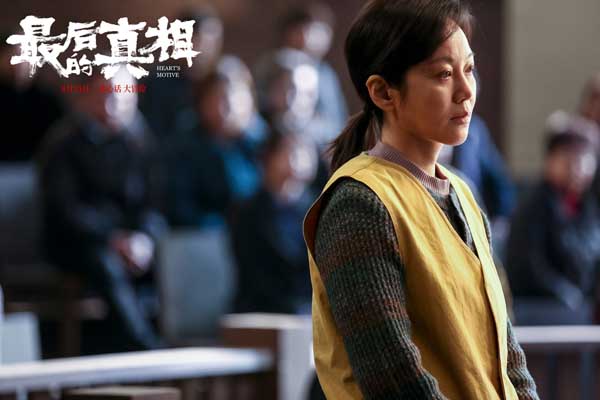Early Beginnings
Retro English, also known as vintage or old-fashioned English, has its roots in the early 20th century when language was more formal and proper. This style of writing is characterized by the use of antiquated words and phrases that were once commonly used but have since fallen out of favor with modern society.

Influence on Literature
Retro English had a significant impact on literature during the mid-20th century, particularly in genres such as science fiction and fantasy. Authors like H.P. Lovecraft and J.R.R Tolkien incorporated elements of retro language into their works to create a sense of timelessness and mystique.

Phonetics and Grammar
One distinctive feature of retro English is its unique phonetics and grammar structure. Words were often pronounced differently than they are today, with vowel sounds being more emphasized than consonants. Additionally, sentence structures were generally longer due to the use of complex clauses.

Word Choice
Another key aspect of retro English is word choice itself; many words have been replaced by newer alternatives over time, leaving behind a legacy vocabulary that includes terms such as "whilom" (formerly) or "yonder" (far away). The abundance of these obsolete words adds an air elegance to any piece written in this style.

Cultural Significance
The revival interest in retro English can be attributed to our current fascination with nostalgia for past decades' culture; it's not just about reading books from yesteryear but also about appreciating how far our language has evolved since then.

Modern Usage Today
Conclusion



